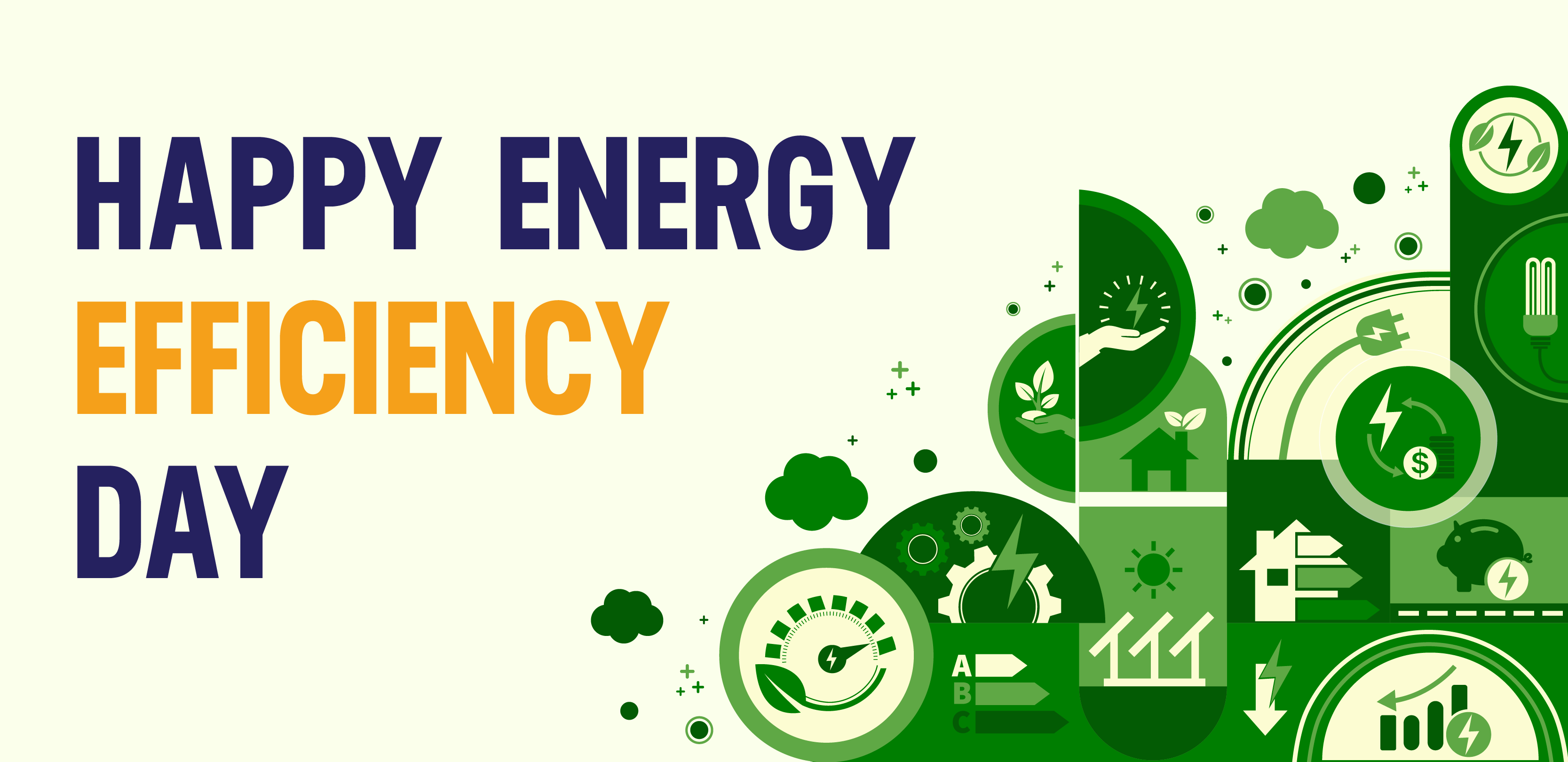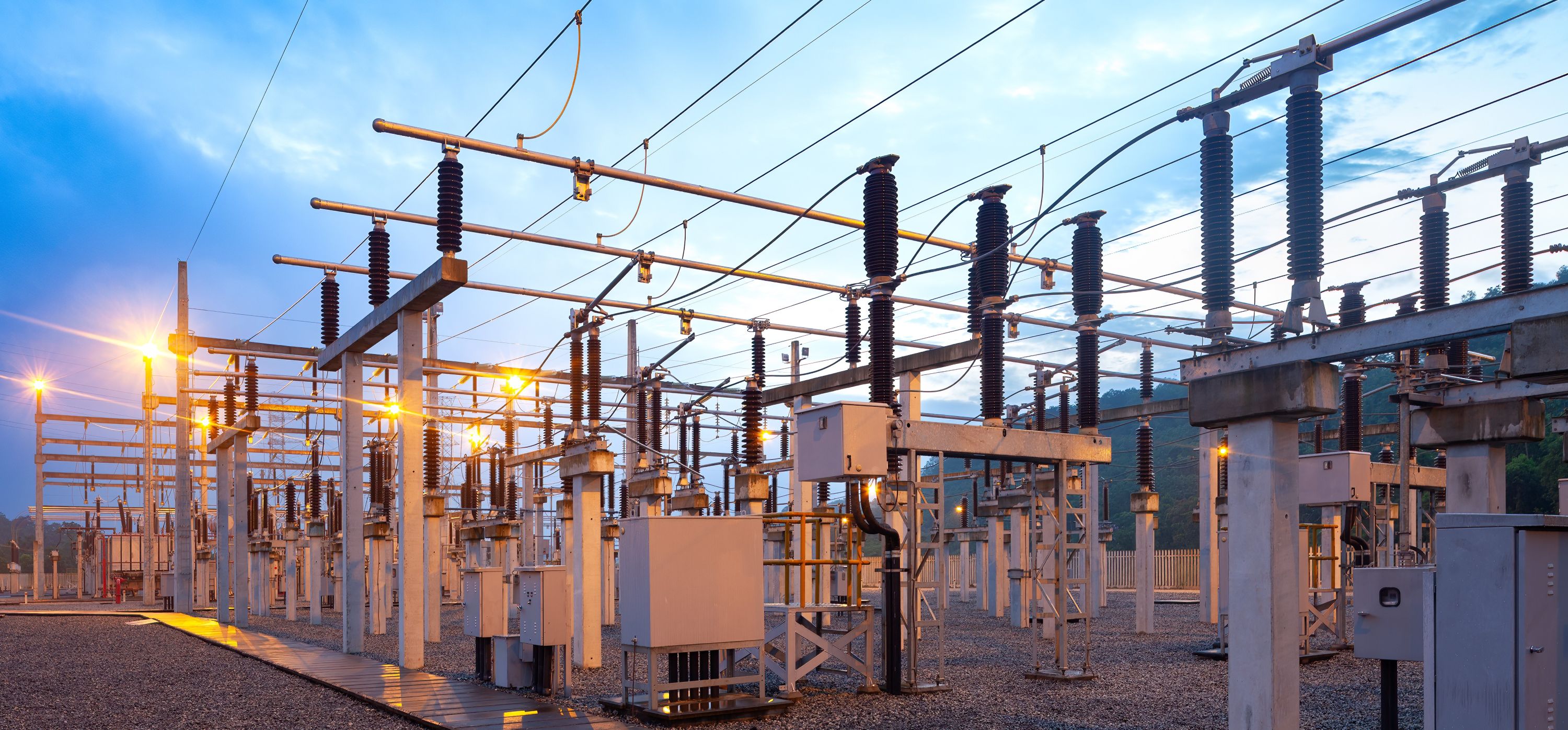Lifehacks for an Energy-Efficient Thanksgiving
Let's Save Energy
Alliance to Save Energy's Blog

(Photo courtesy of Visual Age/Flickr)
Thanksgiving is upon us, and here at the Alliance to Save Energy we are excited to celebrate the holiday that is all about food, family and friends. As you prepare to stuff yourself at the dinner table, remember to save some space for energy efficiency. These easy tips will help you reduce energy and save money on fuel and utility costs over the holiday.
Travel
- Planning to travel over the holidays? Check your tire pressure before you hit the road. Under-inflated tires can increase your fuel consumption and can be dangerous on the road. Adjusting the pressure of your tires once a month can increase a car’s fuel efficiency by up to 3%.
- Observe the speed limit. In addition to keeping you and your family safe, the speed limit helps keep your vehicle at its optimal fuel economy. Gas mileage usually decreases rapidly at speeds about 50 mph. You can assume that each 5 mph you drive over 50 mph is like paying an additional $0.15 per gallon for gas. Cruise control can help!
- Keep your windows closed if driving at 60 miles per hour or more. This can reduce wind resistance while driving, which can lower your fuel efficiency when driving at high speeds.
- The U.S. Department of Energy provides this trip calculator if you want to learn more about optimizing your fuel use.
Cooking (and Leftovers)
- How much turkey can you and your guests really eat? Be sure to get the right size bird. It will save you cooking time and avoid wasted food. Plan your Thanksgiving meal several weeks in advance to get a better estimate of the number of guests you can expect.
- Consider using a grill to cook your turkey. Gas grills are clean-burning and one of the most efficient options.
- If you do use the oven to cook, make sure to give it a proper cleaning first. Not only will a dirty oven use more energy, it takes longer to cook and can have an adverse effect on the flavor of your food!
- Resist the urge to check on your food as it cooks. Each time you open the oven door, you’ll reduce the temperature inside by 25 degrees.
- Don’t make your refrigerator work harder than it has to - allow leftover hot foods and liquids to cool before putting them in the fridge.
Hosting
- Turn down the thermostat, whether it’s manual or programmable. With all the heat from your kitchen and a house full people, your home will stay plenty warm.
- Fight the draft! While preparing your home for your guests to arrive, consider adding weather stripping to all exterior doors - an easy way to prevent air leaks and keep cold air out that will help keep your house warm all winter.
- Set the mood for your dinner with some great lighting. LED bulbs will substantially lower your electricity bill - and you can even get the dimmable versions to help create the perfect ambiance for your meal.
- If you are hosting a large gathering use a cooler stocked with ice to hold drinks. You'll free up space in your refrigerator and prevent cold air from escaping from frequent door openings.
Try some of these lifehacks out this year or share them with friends and family at the dinner table to add a little energy efficiency to Turkey Day.
Happy Thanksgiving!
STAY EMPOWERED
Help the Alliance advocate for policies to use energy more efficiently – supporting job creation, reduced emissions, and lower costs. Contact your member of Congress.
Energy efficiency is smart, nonpartisan, and practical. So are we. Our strength comes from an unparalleled group of Alliance Associates working collaboratively under the Alliance umbrella to pave the way for energy efficiency gains.
The power of efficiency is in your hands. Supporting the Alliance means supporting a vision for using energy more productively to achieve economic growth, a cleaner environment, and greater energy security, affordability, and reliability.



